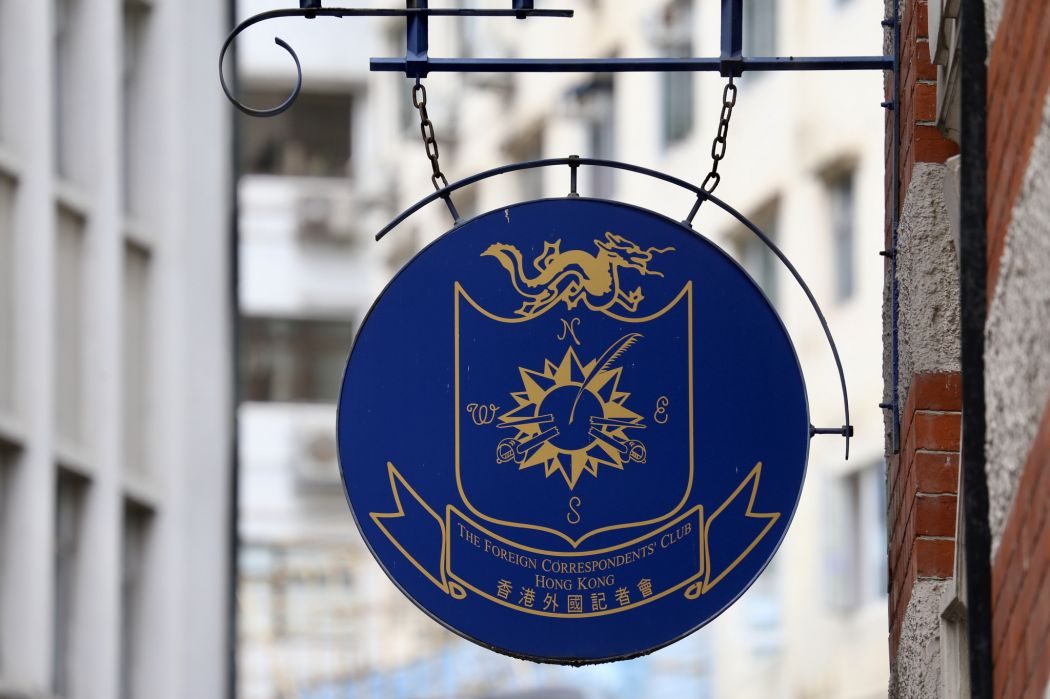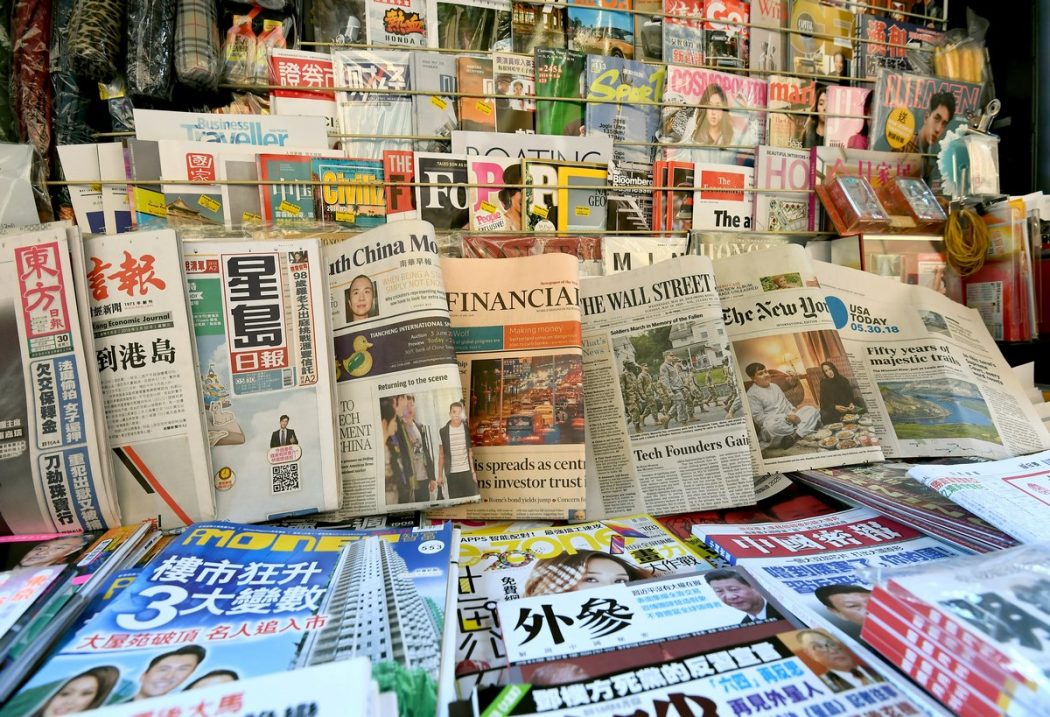Hong Kong’s Immigration Department has dodged questions over the months-long delays in issuing work visas to journalists, refusing to state how long applicants and media outlets might be expected to wait.

On Thursday, the Foreign Correspondents’ Club said that highly unusual processing delays have “affected journalists of multiple nationalities and in some cases have prevented journalists from working.”
In response to a series of questions from HKFP last week, a spokesperson said in an emailed response that the department does not keep statistics on visa processing times and would not comment on individual cases. They said that, when considering applications, they “will consider the circumstances of the case and act in accordance with the laws and immigration policies.”
The spokesperson did not answer questions as to whether Beijing was now overseeing the processing of visas for journalists, nor did they reply when asked how long applicants or employers could be expected to wait. “Routine applications for extension of stay will normally be finalised within two to three weeks upon receipt of all necessary documents. The actual processing time of each application depends on its own merits and circumstances,” they said.

The department made no mention of any coronavirus-related backlog and HKFP is aware of work visas that have been granted to applicants in sectors other than the media.
Multiple international outlets have bases in Hong Kong including The New York Times, AFP, CNN, the Wall Street Journal, Bloomberg and the Financial Times.
The press club urged the authorities to explain the delays after several outlets reported issues: “The FCC opposes using journalists’ visas as a weapon in international disputes and also opposes taking action against journalists for the decisions made by their home countries,” they said.
Press freedom concerns
Hong Kong does not issue journalism visas. Unlike in China – any company can apply for a business visa to hire foreigners if certain skills are unavailable in the local workforce. Last month, the New York Times announced that it would shift a third of its workforce in Hong Kong to South Korea after their correspondent Chris Buckley was denied a visa. It comes during a tit-for-tat dispute between the US and China over visa issuance.
There is added concern in Hong Kong over press freedom following the enactment of the controversial security law in June. Chief Executive Carrie Lam said last month she will only give guarantees about press freedom to the FCC if they also give “a 100 per cent guarantee that they will not commit any offences under this piece of national legislation.”

The issuance of visas for journalists first became politicised in 2018. HKFP revealed that the Financial Times’ journalist Victor Mallet was refused a visa extension after he chaired a talk with a pro-independence advocate at the FCC. He was then banned from Hong Kong entirely.
Correction 11:40: The row over Mallet’s visa occurred in 2018, not 2016 as earlier reported.
Support HKFP | Policies & Ethics | Error/typo? | Contact Us | Newsletter | Transparency & Annual Report | Apps
Help safeguard press freedom & keep HKFP free for all readers by supporting our team
























